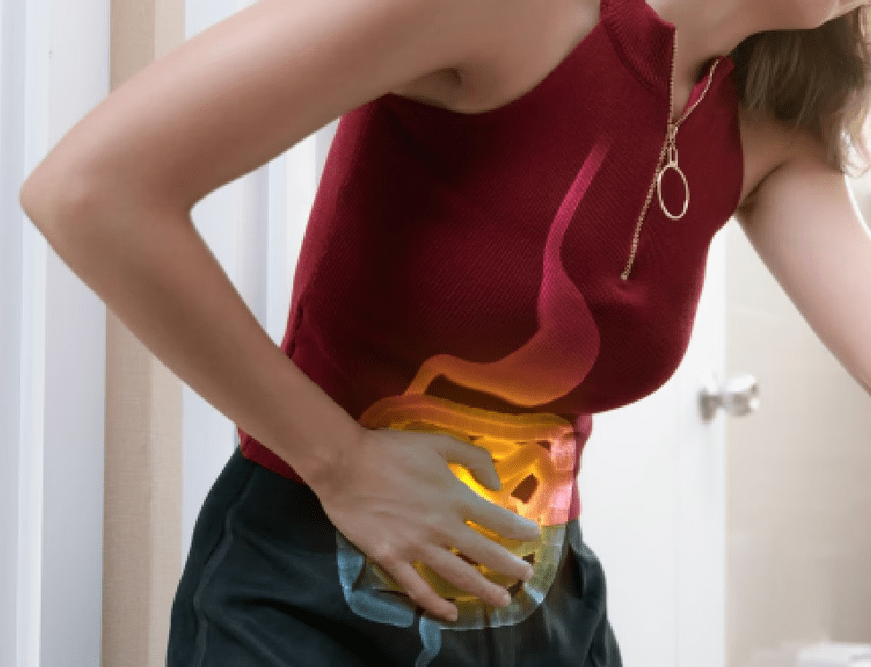
Anal Fissure Treatment in Indore
Anal fissures are small tears in the lining of the anus. They can cause discomfort, pain, and bleeding during bowel movements. Treatment for anal fissures in women typically involves conservative measures and lifestyle changes.
Treatment for anal fissures in women
1
Dietary Changes
Increasing your fiber intake can always prove to be beneficial in softening your stools and making bowel movements less straining. It is suggested that you consume a diet that is rich in fruits, vegetables, whole grains, and legumes to attain high levels of fiber. To maintain soft stools, ensure that you stay hydrated throughout the day.
2
Topical Medications
Topical anesthetics or nitroglycerin creams or ointments available over the counter may offer some relaxation to the anal sphincter and assist in the process of healing. As with any medication, it is essential to consult with a healthcare professional before use.
3
Good Toilet Habits
Avoid straining during bowel movements. Do not sit on the toilet for prolonged periods of time. Try using a stool or footrest to help maintain a more natural sitting position.
4
Lifestyle Modifications
Maintain good hygiene in the anal area and avoid using harsh or scented toilet paper. Additionally, it's recommended to exercise regularly to promote overall health.
What causes an anal fissure?
- Constipation – large, hard feces (stools) are more likely to result in lesions in the anal area during a bowel movement than soft and smaller ones.
- Diarrhea – repeated diarrhea can cause an anal fissure to develop.
- Muscle spasms – experts believe that anal sphincter muscle spasms may increase the risk of developing an anal fissure. A spasm is a brief, automatic jerking muscle movement, when the muscle can suddenly tighten. Muscle spasms may also undermine the healing process.
- Pregnancy and childbirth – pregnant women have a higher risk of developing an anal fissure towards the end of their pregnancy. The lining of the anus may also tear during childbirth.
- Underlying conditions – some underlying conditions, such as ulcerative colitis, and other inflammatory bowel diseases may cause ulcers to form in the anal area.
- Anal sex – can in rare instances cause anal fissures.
Anal Fissure Symptoms
- A visible crack in the skin around the anus.
- Pain after bowel movements that can last up to several hours.
- Pain, sometimes severe, during bowel movements.
- A skin tag, or small lump of skin, next to the tear.
- Bright red blood on the stool or toilet paper after a bowel movement. burning or itching in the anal area.
How is an anal fissure treated?
Most anal fissures don’t require extensive treatment. However, certain home remedies can help promote healing and relieve uncomfortable symptoms. You can treat an anal fissure at home by:
- Using over-the-counter stool softeners
- Drinking more fluids
- Taking fiber supplements and eating more fibrous foods, such as raw fruits and vegetables
- Taking a sitz bath to relax the anal muscles, relieve irritation, and increase blood flow to the anorectal area
- Applying topical pain relievers
If your symptoms aren’t relieved within two weeks of treatment, see your doctor for further evaluation. Your doctor can make sure you have the correct diagnosis and can recommend other treatments.
